
The New American History 英文原版-《新美国历史》
(1997版)
¥ 350 九品
仅1件
广东广州
认证卖家担保交易快速发货售后保障
作者Eric Foner
出版社Temple University Press
出版时间1985
版次1
装帧精装
尺寸23 × 16 cm
正文语种英文
货号W0G4
上书时间2020-08-28
- 店主推荐
- 最新上架
商品详情
- 品相描述:九品
- 商品描述
-
The figure of 20 million dead falls far short of the true total, which as at that number. Of course, many Europeans on botn the eastern and western shores of the Atlantic benefited immensely from the settlement process. Most actors on all sides of transatlantic drama made rational choices in their own best interests. including even enslaved Africans, once they understood what few aptions they still retained. But using the elementary utilitarian criterion od the greatest good for the greatest number as a crude but revealing way of assessing the overall process, nobody can now make a compelling case that the settlement of the Americas was a net benefit to mankind until sometime in the nineteenth century. In aggregate terms, losers far outnumbered winners until then. Unlike the philosophes, today's historians see what happened in early America not as a moralistic melodrama but as a tragedy of such huge proportions that no one's imagination can encompass it all. The truest villains were microbes, whose predations acquired an inevitable momentum that quickly made human motivation all but irrelevant for the deadliest part of the process.
Before 1820 nearly 12 million people crossed the Atlantic from Europe and Africa to the Caribbean, North America, and South America (Table1). The overwhelming majority, more than 8 million, came against their will-in chains. Africans constituted over two-thirds of the entire migration. And to the 8 million who arrived in the Americas must be added several millions more who died on the cruel middle passage across the Atlantic or in wars of enslavement within Africa. Only in the period between 1820 and 1840 would the number of free passengers landing in the Americas catch up with and then decisively surpass the volume of the Atlantic slave trade. For more than three centuries, in other words, the slave trade was no unfortunate excess on the periphery of free migration. It was the norm.
……
— 没有更多了 —










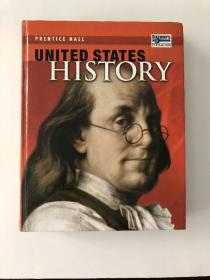
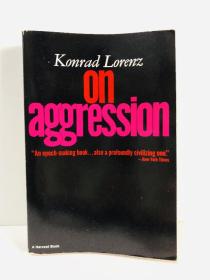



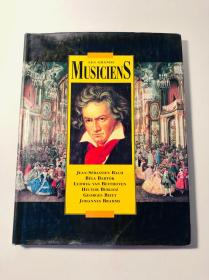
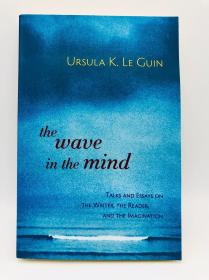
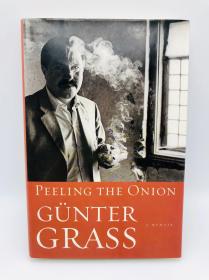
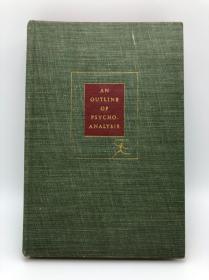










以下为对购买帮助不大的评价